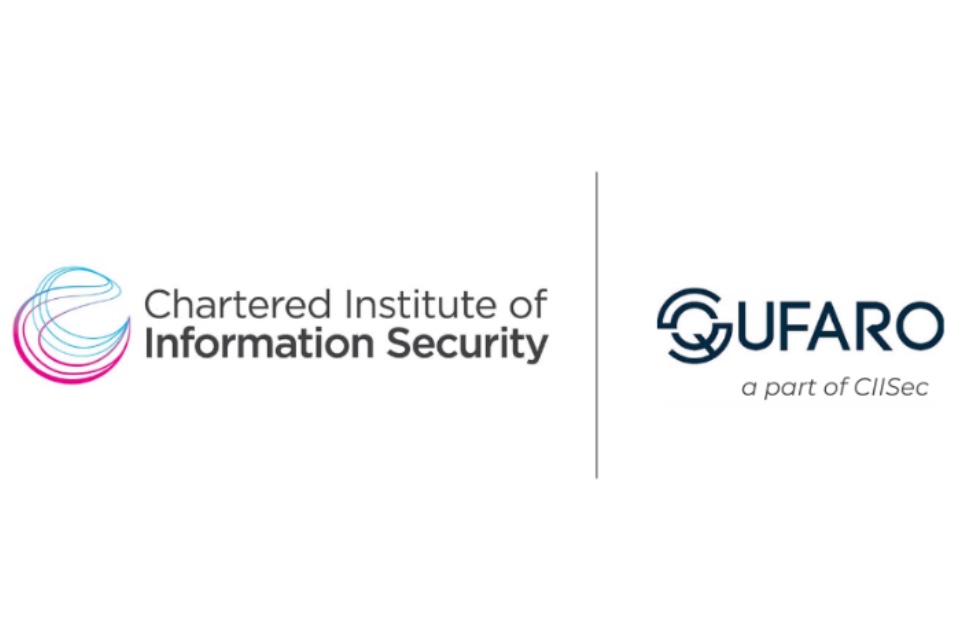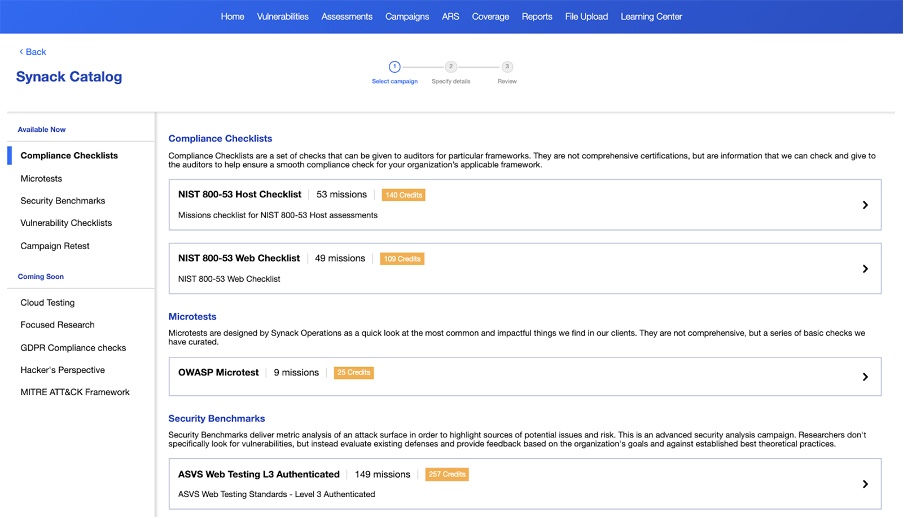Just 12% of IT infrastructure & operations leaders exceed performance expectations
https://cybersecureforum.co.uk/wp-content/uploads/2023/12/it-skills-austin-distel-21GWwco-JBQ-unsplash.jpg 960 640 Stuart O'Brien Stuart O'Brien https://secure.gravatar.com/avatar/81af0597d5c9bfe2231f1397b411745a?s=96&d=mm&r=g“I&O leaders must support senior leadership by proactively contributing to their organization’s ability to navigate economic uncertainty,” said Cameron Haight, VP Analyst at Gartner. “Their destinies are interlinked, as a failure by the business to execute the proper strategy will have repercussions across the organization.”
The Gartner survey was conducted from April through July 2023 among 122 I&O leaders from enterprises in North America, EMEA and Asia/Pacific whose growth was impacted by external threats in 2022 and 2023.
I&O leaders cited cybersecurity risks as the most frequent threat impacting enterprise growth this year. Supply chain disruptions and talent and skills shortages are listed as the second- and third-most-important external threats deemed to impact growth, closely followed by inflationary pressures (see Fig. 1).
Figure 1. I&O Leaders’ Top External Threats Impacting Enterprise Growth

Source: Gartner (December 2023)
“While it remains to be seen what 2024 budgets will look like, the lack of real funding growth observed to date could cause projects to be deferred into next year, causing a cascading appropriations challenge,” said Haight. “Given this scenario, I&O leaders must work smarter to achieve business outcomes with fewer resources.”
Top Actions for I&O Leaders to Navigate Economic Headwinds
Based on the survey findings, Gartner identified three key actions that successful I&O organizations were adopting to counteract the forces of economic uncertainty. I&O leaders that leveraged these practices were three times more likely to help their enterprises better navigate a turbulent economy.
These actions include:
1. Developing a workplace environment that improves well-being and inclusiveness.
I&O leaders often face challenges recruiting and retaining the necessary talent to achieve their objectives. Within I&O teams that were rated as the most effective, 84% of leaders reported building a welcoming and inclusive workplace. Furthermore, 79% of I&O leaders at highly effective organizations ensured the holistic wellness of employees by holding them accountable for personalizing their well-being progress.
2. Undertaking actions that improve I&O efficiency through enhanced analysis capabilities.
Maximizing the impact of technology and other investments remains a critical focus for I&O leaders amidst continued economic uncertainty. According to the survey, 89% of leaders in highly effective I&O organizations formulate strategies for process transformation and optimization, and 82% identify opportunities to reduce technology costs through economies of scale or cross-enterprise synergies.
3. Enhancing I&O’s ability to become a full-fledged partner in digital business activities
I&O leaders may struggle to be viewed as a key partner with business leaders, due to an inability to easily link IT investments to business outcomes. To enhance their contribution to the organization’s digital business strategy, the survey found that 92% of effective I&O leaders foster better coordination of I&O digital investments across lines of business or product lines. Additionally, 84% apply objective analysis to translate enterprise priorities into investments that advance digital business potential, and 79% provide a common language for business and I&O stakeholders to coordinate digital investment decisions.
Photo by Austin Distel on Unsplash








